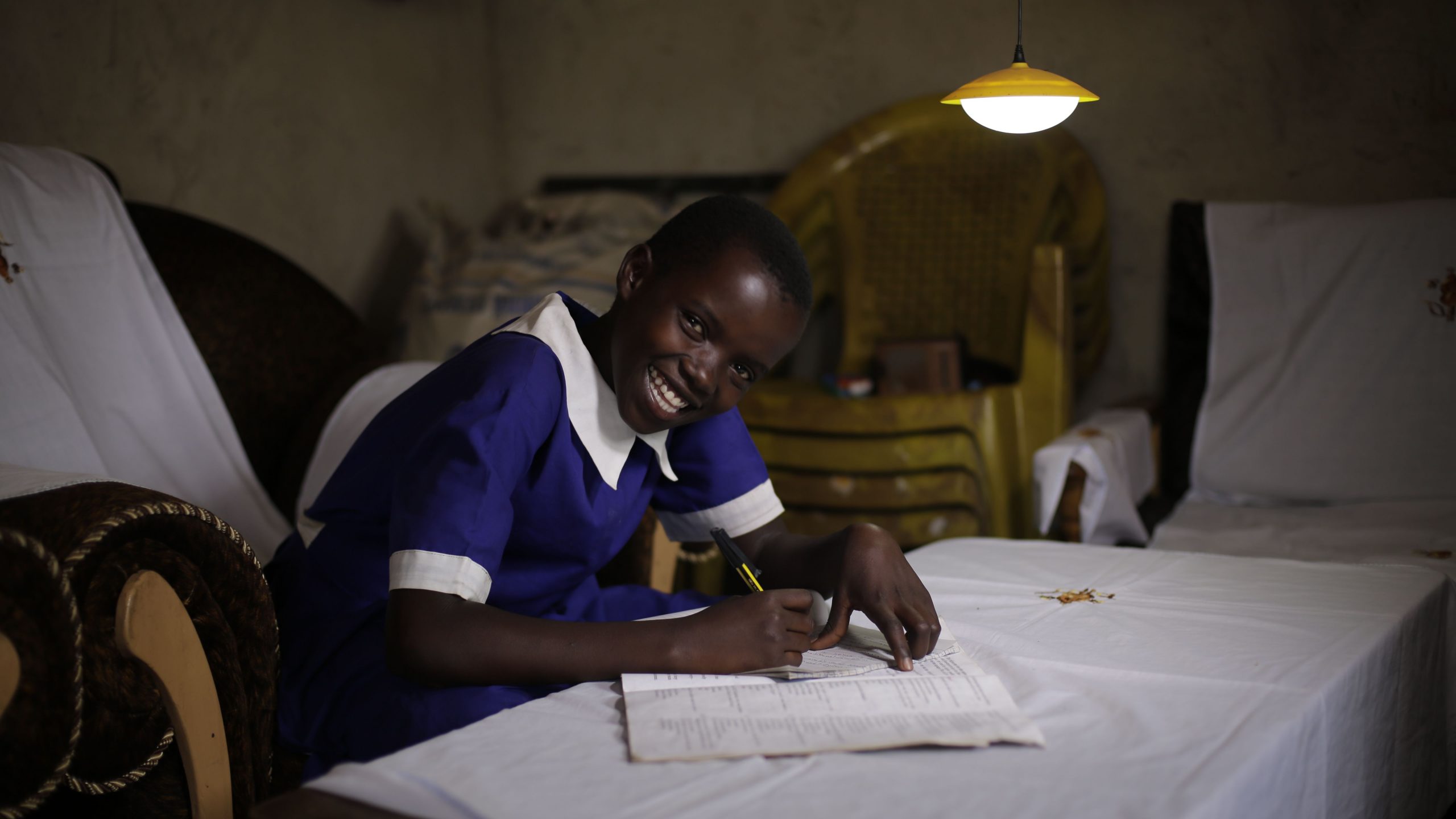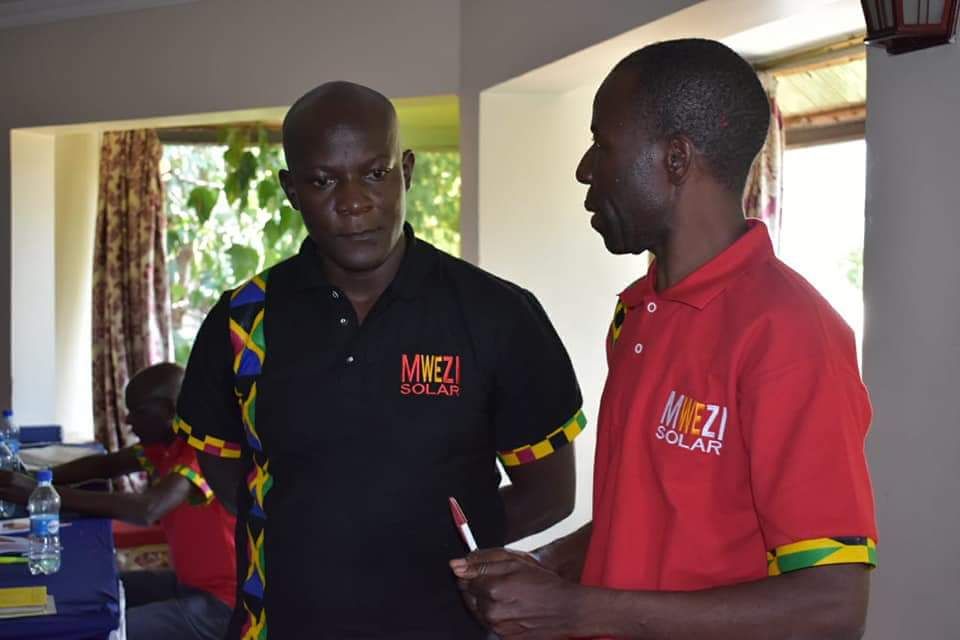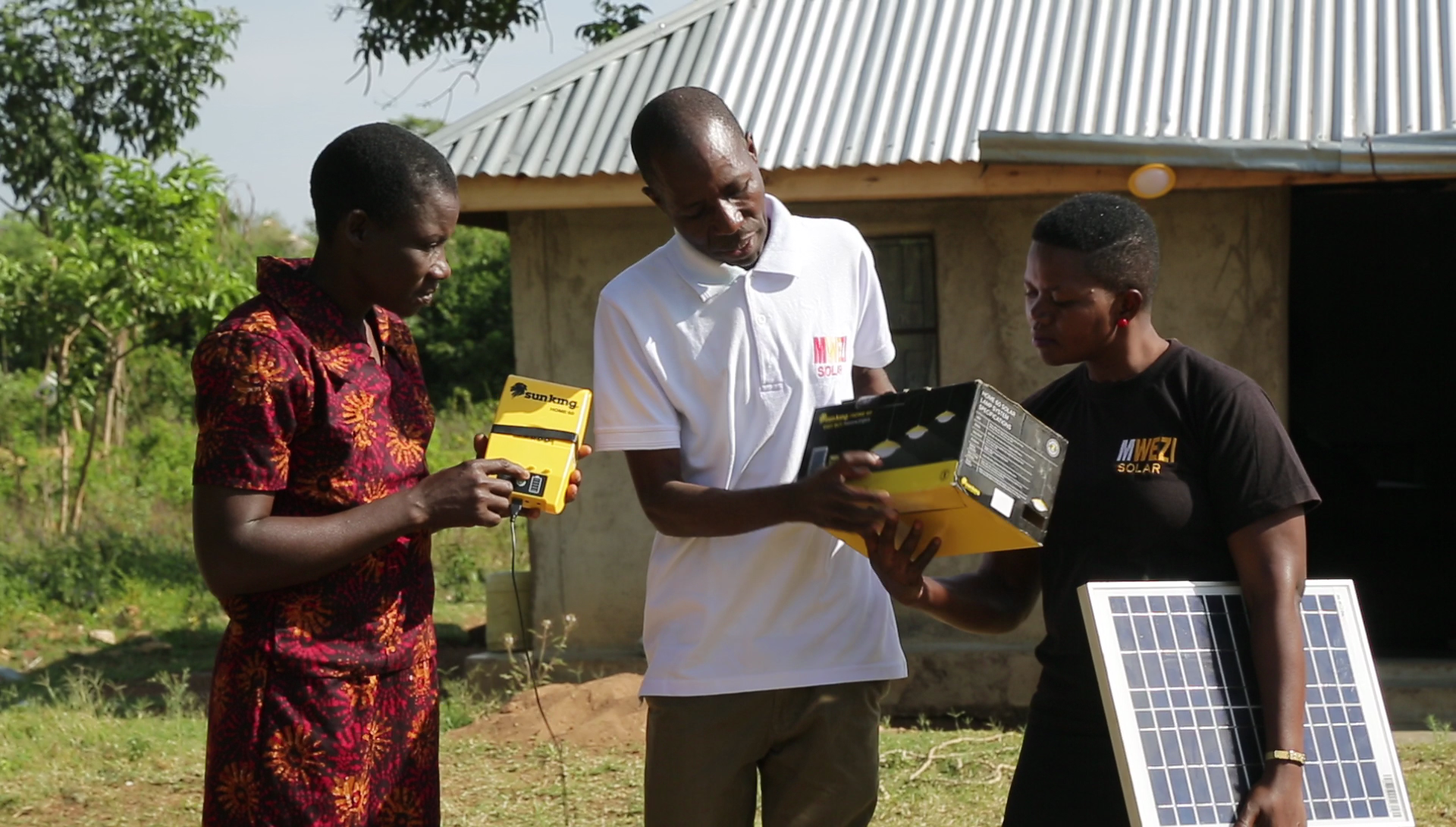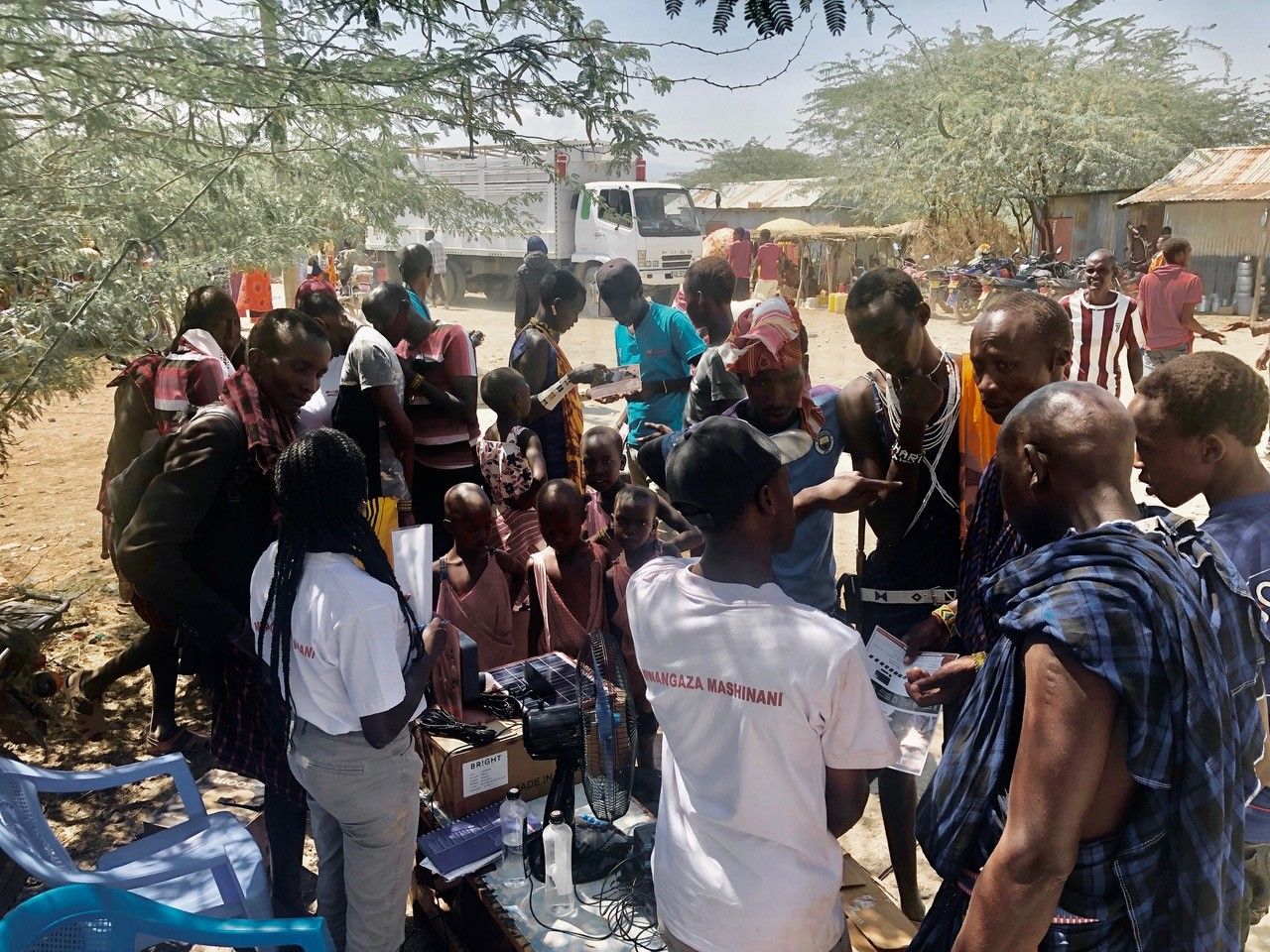
The SIMA Angaza Distributor Finance Fund (DFF) is a data-driven investment fund providing much-needed access to debt capital for last-mile distributors. DFF invests in companies distributing life-changing products in emerging markets, addressing one of the biggest barriers to their growth: lack of financing.
What do egg incubators and mills have in common?
Covid-19 has set back many off-grid solar distributors, and Mwezi is no exception to that. However, times are turning for this resilient Kenyan company. Indeed, Mwezi received investments both from the SIMA Angaza Distributor Finance Fund (DFF), and the United Nations Capital Development Fund (UNCDF)’s Build Fund. “This is the boost we needed to bring us back to our pre-Covid trajectory,” Mwezi’s founder Mike Sherry states.
It is precisely this growth trajectory that caught our attention at DFF. We attribute this success in large part to the company’s strong team. For one, Mike Sherry knows a thing or two about financial management. He is a chartered accountant with 20 years of experience working in varied finance roles, from startups to large corporates. In a previous life, he visited Kenya to set up what became the first programmatic UN-certified carbon-offset program of that time. Through this experience, Mike was struck by Kenya’s market potential for clean energy solutions. He decided to launch Mwezi with an ambition to “provide products that improve the health, wealth, education and environmental impact” of their customers.

A talented Kenyan operations team with a scalable business strategy
Alongside Mike’s financial expertise and vision to achieve positive social impact, Mwezi boasts a very capable operational team. “There is nothing better than being on the ground for this type of company,” states Mike. “Customers will never spend a significant portion of their salary on a product they don’t recognize, sold by people they don’t know,” he adds. As a result, Mike’s Kenyan colleagues, Jack Ayieko and Teddy Odindo, are responsible for all operational decisions and results. The remainder of the team is 100% Kenyan. Together, they have shown great resourcefulness when faced with obstacles. For example, the sales team visited clients using bicycles when Covid-19 restrictions banned public transportation in Kenya. Jack and Teddy quickly updated and enacted Mwezi’s business continuity plan to help deal with the unique challenges that the Covid-19 pandemic presented.
The team is busy delivering against a unique strategy, which Mike distills as selling scalable products that drive value for Mwezi customers. “We’ve been pushing the industry to move away from single-use products,” explains Mike. For example, a mid-range solar home system will include a solar panel, a controller, three lights, and can charge a couple of phones. Typically, when sold as a system, customers use the product for a few years and then throw it away. At Mwezi, the team disaggregates systems, allowing customers to buy components like additional solar panels and thus upscale their existing systems. In doing so, Mwezi is building deep customer relationships. They are also avoiding the waste caused by unnecessary disposal of products. “Scalability is the future,” Mike summarizes.

Providing value for last-mile customers with product variety and creative promotions
Mike also emphasizes that Mwezi is product agnostic and works with a variety of distributors to sell a wide range of products such as PAYG solar home systems, solar fishing lights, and energy efficient cookstoves. Mwezi has a common sales mantra, however, which is to drive value for the end customer. For example, this past month, Mwezi made the front page of Kenya’s Business Daily newspaper, thanks to its solar-powered egg incubator. “An incubator means that we do not need to wait for the chicken to hatch at their time, […] the process can be regulated to suit our needs,” says Mr. Karienke, a Mwezi customer. Mike estimates that incubators sold by Mwezi have yielded a 1,200% return on investment for end users. Further, Mwezi is in the process of setting up partnerships with several Kenyan retailers to guarantee that Mwezi customers can sell their eggs at an attractive price if they overproduce eggs. Mwezi’s solar-powered mill sales strategy also exemplifies the team’s creativity. Thanks to key business data provided by analytics tools in the Angaza platform, Mwezi can identify customers that meet specific product-use criteria and set up targeted promotional campaigns, like offering a 20% discount to customers who process their maize at Mwezi solar-powered mills. “It’s a win-win; we’ll keep promoting our customers’ products, so long as they keep paying their installments,” Mike explains.

Driving future sales and advancing gender equality in the energy sector
Prior to receiving the DFF and UNCDF loans, Mwezi’s biggest hurdle was finding commercial financing opportunities. Although fundraising efforts never truly end, Mwezi is shifting its focus towards placing inventory purchases and revving its sales machine. Further, Mwezi leadership is also zeroing in on addressing gender disparity in the energy sector. They have already made significant strides, working alongside DFF partners Power Africa and 60 Decibels. For example, Mwezi has changed their processes for recruiting branch managers, hiring on attitude rather than educational credentials. This has improved the gender balance in their workforce and has bolstered retention rates. “We’re in a patriarchal society, so this will take some time and effort,” recognizes Mike, but the Mwezi team is committed to this worthy cause. We are proud to have such a purposeful and strong-willed organization in our portfolio!
If you are an Angaza customer interested in learning more about the SIMA Angaza Distributor Finance Fund, please visit https://contact.angaza.com/distributor-finance-fund.


